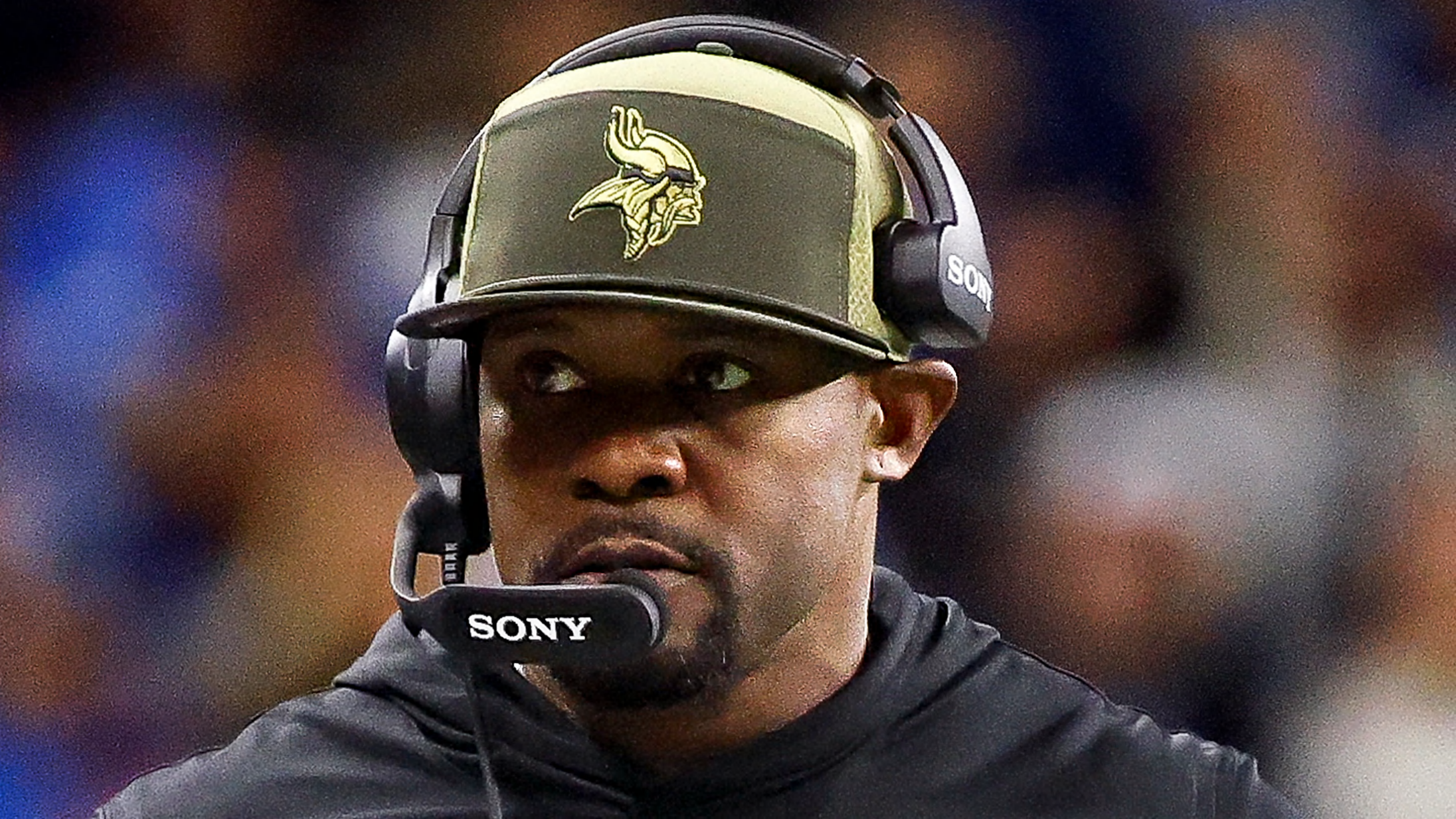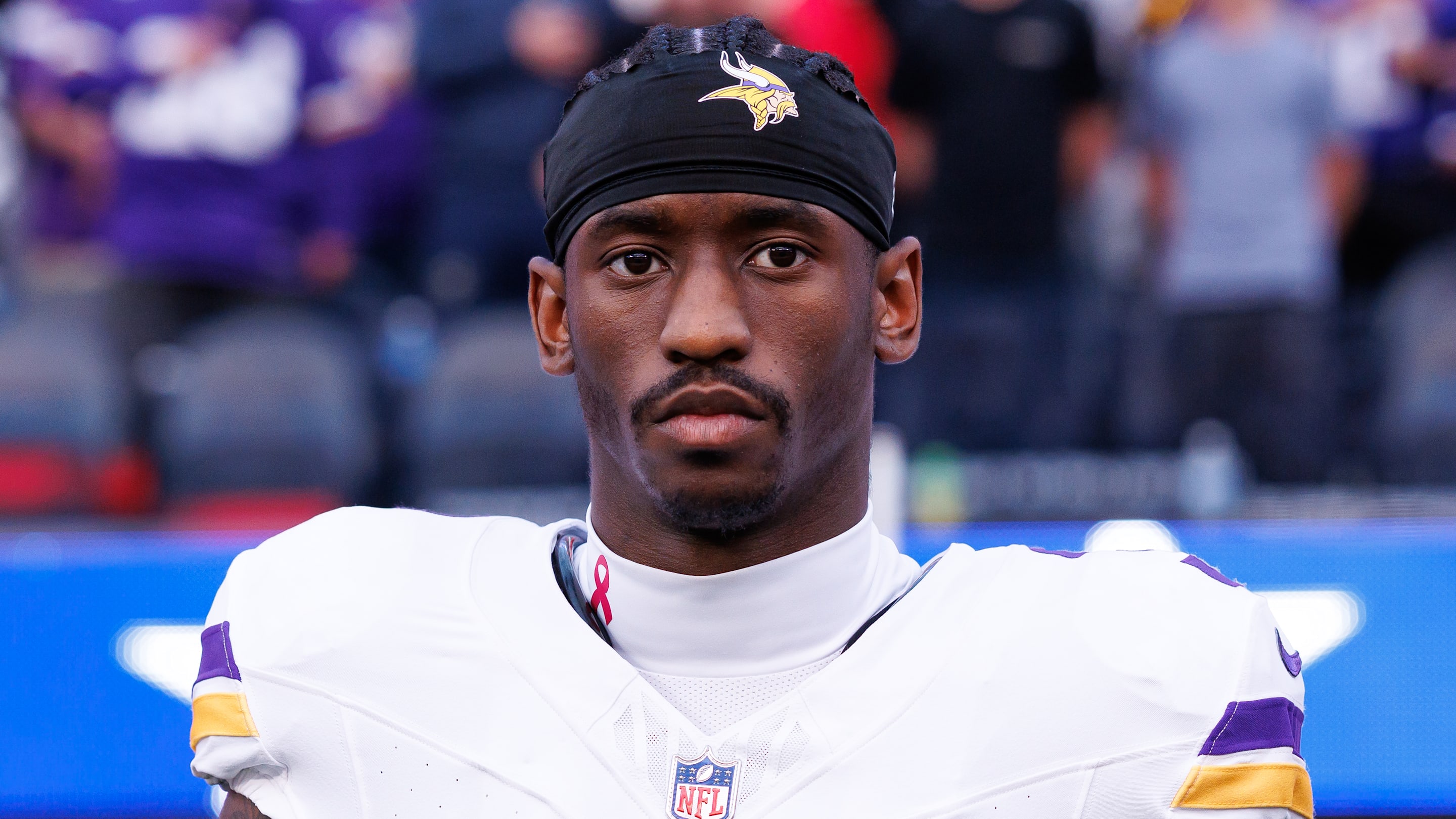This is yet another old TSN post no one read. I am giving it a second home here.
Sports has had many heroes who paved several paths for us to follow and enjoy. Through their leadership, we have progressed as a society in many ways, even if we still have a long way to go. Imagine how much further behind it could be without them . Bartolis gets credit for the inspiration of this entry. Since February is Black History Month, here is a short list of a few heroes for us to never forget. There are so many more, but I wanted to concentrate on a few trail blazers who were the first to accomplish the goals they set out to do.
Don Barksdale was the first consensus African American All American for NCAA college basketball in 1947 at UCLA. The first African American on an Olympic basketball team, the first African American to win Gold on an Olympic basketball team in 1948. He is the first NBA African American All Star , with the Baltimore Bullets in 1953. His career was over in 2 years due to ankle problems. He was also the first African American disc jockey in San Francisco radio history. He also saved school sports from going bankrupt in Oakland before his death in 1993.
Harry Lew was the first African American to play professional basketball in 1902. In a time where there were no backboard, or out of bounds, missed shots usually were followed by a scrum for the ball. Lew was considered one of the best defensive players and top double dribblers. Double dribbling was a legal part of the game then. Lew dealt with much bigotry from the fans and players, who would throw elbows and knees. He played with the league until it folded in 1905. Lew then spent the next 21 years barnstorming America with teams he organized.
William Edward White was the first African American to play pro baseball. He played one game in 1879. He is also the only former slave to have played pro baseball. He went 1- 4 with a run scored. His mother was a slave and mistress to his father. His fathers will read that his slaves 3 kids would receive educations up North. White went to Brown University. It is said he may have passed himself off as caucasian when he played.
Moses Fleetwood Walker played pro baseball in 1884. In 1883, while in the minor leagues, Walker had a run in with Cap Anson, a Hall of Fame player. Anson refused to play, or allow his team to play with Walker, but succumbed to pressure to the threat of not getting paid. Walker was said to be one of the finest defensive catchers in his time, where catchers wore no gear at all. Not even a mitt. His brother, Weldy, played 6 games with him in 1884. Walker suffered a season ending injury in July of 1884 and played in the minors in 1885 to 1886. In 1887, Walker formed the first African American battery with George Stovey. While Walker was hurt, Stovey was set to pitch against Anson and the White Sox. Anson had prevented Stovey from signing with the Giants in 1886, and complained again. This was the moment in history that most led to the segregation of baseball until Jackie Robinson joined the Dodgers in 1946. Walker went on to become an author and a prominent supporter of Black nationalism. He felt that America would never truly become integrated.
Fritz Pollard was the first African American college football player to be named to the All American team, as well as being the first to play in the Rose Bowl, in 1916 while attending Brown University. Legendary sports writer Walter Camp called Pollard, " one of the greatest runners these eyes have ever seen". Pollard, along with Bobby Marshall, were the first African Americans to play pro football in 1920. Pollard led his team to a championship his rookie season. The next season, Pollard was named co- head coach while still starring at running back. He played for 6 teams his next 6 seasons, either serving as a head coach or assistant coach while playing until he retired in 1926. In 1928, Pollard founded and coached an all African American football team called the Chicago Blackhawks. They would barnstorm America, having their greatest successes on the West Coast. Pollard was inducted posthumously into the Pro Football Hall of Fame in 2005. Pollards son, Frederick Jr., won the Bronze medal for the 110m hurdles in the 1936 Olympics that took place in Berlin.
Bobby Marshall was the first African American to play in the Big Nine (now the Big 10), while playing for the university of Minnesota. He kicked a 60 yard FG, and was inducted into the College Football Hall of Fame in 1971. He played 6 professional seasons as an End.
Lucy Diggs Slowe was the first African American woman to not only win a major sports title, but the first to win the national title of the first American Tennis Associations Championship in 1917. Slowe also was a founder of Alpha Kappa Alpha, the first sorority for African American women, while attending Howard University. She was the chapters first president and was instrumental in drafting it's constitution. Slowe then went on the teach in the District of Columbia public school system. Soon after, she was asked to create the city's first junior high school, then be it's principal from 1919 to 1922. Slowe was the first College Dean of Women at Howard University in 1922 until her death in 1937. Slowe founded both the National Association of College Women, which she led for several years as first president, and the Association of Advisors to Women in Colored Schools. Howard University has a building named after Slowe, and Washington D.C. has a school bearing her name. Her cousin, Elder Watson Diggs, was a founder of the Kappa Alpha Psi fraternity.
John Taylor Jr. was the first African American to win a Gold medal. He was part of the 400 meter relay team of the U.S.A. in 1908's summer games in Paris. Taylor died a few months later that year of typhoid fever.
Lowell Perry was not only the first African American assistant coach in the NFL for the Pittsburgh Steelers in 1957, but he was also the first scout in 1958. Perry then left the NFL to pursue a law degree in 1960. He returned to the NFL in 1966 to work for CBS and become the first African American NFL broadcaster. In 1973 Perry was appointed the plant manager of Chrysler Corporation's Detroit Universal Division - the first African American to hold the plant manager position at a U.S. automobile company. In 1975, Perry was tabbed by President Gerald Ford to be commissioner of the U.S. Equal Employment Opportunity Commission, which he held until 1976. Then in 1990 was director of Michigan's Department of Labor for six years, and director of Office of Urban Programs until his retirement in 1999. Perry started out as an All American wide receiver at the University of Michigan, where he is a member of the schools Athletic Hall of Achievement. He was drafted by the Steelers in 1953, but fulfilled his R.O.T.C. obligations first. He was ranked as high as 2nd Lieutenant. He returned to the NFL in 1956, but played only 6 games before a serious injury ended his playing career.
Charles Sifford won 19 golf tournaments in a career spanning almost 50 years. Sifford broke many barriers in his career. He got into his first PGA event courtesy of boxing legend Joe Louis, who gave Sifford his invitation. In 2004, Sifford was inducted into the World Golf Hall of Fame.
Subscribe to:
Post Comments (Atom)































3 comments:
I will save and print this great work. My children are being taught about Black History and this my friend is great history.
Nice post. It's great to remember the names of the past that made sports what they are today.
nice!! mind if i pass this onto someone that would love this? the blog not just the article ~
Post a Comment